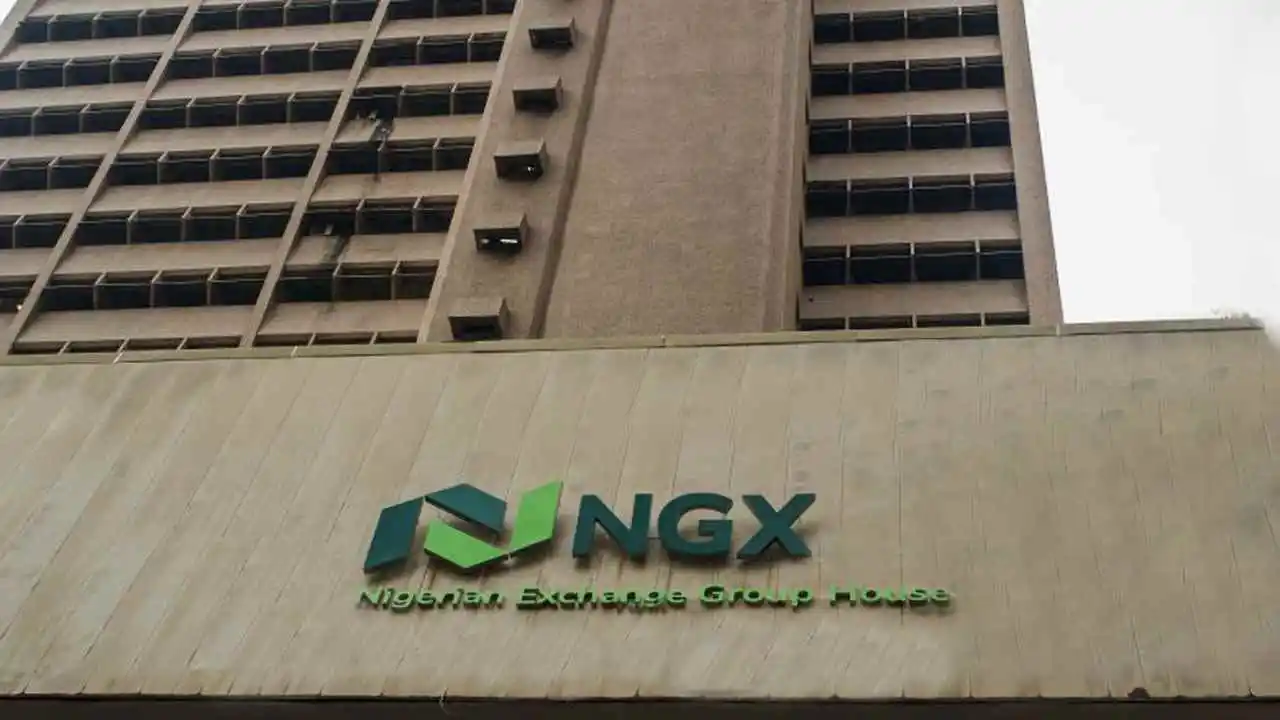There are 41 inactive stockbrokers on the Nigerian Exchange (NGX), 30 of them have inadequate shareholder funds while 11 of them were reclassified to sub-brokers with the SEC.
According to the stock exchange, inactive stockbrokers can’t actively participate in trading until they meet NGX rules on capital adequacy for Trading License Holders.
What of inactive stockbroker
In the context of stock brokerage, the term “inactive” typically refers to a situation where a stockbroker is not actively participating in trading or managing clients’ investment portfolios for a certain period of time due to inadequate shareholders’ funds.
Understanding capital base requirements for stockbrokers in Nigeria
- Capital base for dealer’s license: N100 million
- Capital base for broker’s license: N200 million
- Capital base for broker-dealer license: N300
When a stockbroker falls below the required funds, they will be suspended in accordance with the NGX rules on capital adequacy for trading license holders.
Inactive Stockbrokers in Nigeria
InfomediaNG discovered that there were over 40 inactive stockbrokers in Nigeria at the time of this publication (Tuesday, August 29, 2023), they are:
- Adamawa Securities Limited
- Adonai Stockbrokers Limited
- Amyn Investment Limited
- Cashcraft Securities Limited
- CEB Securities Limited
- Clearview Investments Company Limited
- CLG Stockbrokers Limited
- Crane Securities Limited
- Dependable Securities Limited
- ECL Asset Management Limited
- Elixir Securities Limited
- First Stockbrokers Limited
- GMT Securities & Asset Mgt Limited
- Gombe Securities Limited
- Horizon Stockbrokers Limited
- Investment Shark & Asset Management Limited
- ITIS Securities Limited
- Maven Asset Management Limited
- Maxifund Investment & Securities Plc
- Mayfield Investment Limited
- Midpoint Capital Limited
- ML Securities Limited
- Mutual Alliance Invest & Securities Limited
- Nigerian International Securities Limited
- Peace Capital Markets Limited
- Quantum Securities Limited
- Royal Trust Securities Limited
- Standard Alliance Capital & Asset Limited
- Supra Commercial Trust Limited
- Trust Yields Securities Limited
Inactive and Reclassified to Sub Broker with the SEC
- LB Securities Limited
- Mainland Trust Limited
- Redasel Investment Limited
- Alangrange Securities Limited
- Bestlink Investment Limited
- PML Securities Company Limited
- Professional Stockbrokers Limited
- Tower Asset Management Limited
- Vision Trust & Investment Limited
- Waila Securities and Funds Limited
- Marriot Securities & Investment Company Limited
Factors responsible for the inactivity of stockbrokers in Nigeria
There are various reasons why a stockbroking firm may be suspended temporarily from NGX:
Harsh economic factors
A harsh economic environment can lead to the decline of prospective clients buying stocks. When no one is buying stocks, or when clients are badly hit by hyperinflation which is the new normal in recent times in Nigeria, it will also affect the trading activity of the stockbrokers.
But that will not be an excuse for the regulatory authorities not to perform their duties. Adequate capital is essential for a stockbroking business.
Trading inactivity:
If a stockbroker is not executing buy or sell orders on behalf of their clients for a prolonged period, they might be considered inactive in terms of their trading activity.
Similar to point No. 1, clients are like principals to stockbrokers. Stockbrokers work for their clients. Investment decisions of their clients will impact them.
This means dealers with lower capital base won’t have the financial muscle to trade large volumes in the market. If inadequate capital becomes widespread it would reduce stock market activities and weaken investors’ confidence”, which may lead to suspension of a stockbroker from the capital market, until they are able to raise their capital for trading.
Market Participation:
Inactivity might also refer to a stockbroker not staying up-to-date with market trends, news, and developments. A lack of participation in relevant industry events, conferences, or training sessions could be indicative of inactivity.
Failure to meet minimum capital base:
Stockbrokers listed on the Nigerian Exchange are required to have certain minimum funds. For instance, a firm with a broker’s license must not have a capital base below N200 million; a dealer’s license must not have a capital base below N100 million, while a firm with a broker-dealer license must have N300 million as capital base.
When a firm falls below the capital base threshold, NGX would blacklist them as ‘inactive’, until they are able raise their capital base to the required amount within a certain period to avoid sanctions from capital market regulators.
Investors’ interests are protected when this happens to protect you from loss of funds.
Regulatory compliance:
In some cases, stockbrokers might be deemed inactive if they fail to meet certain regulatory requirements, such as fulfilling reporting obligations.
Lack of trading volume:
In the context of stock exchanges, an “inactive” stockbroker might refer to one who has not been generating significant trading volume or participating actively in the exchange’s activities.
What happens if my stockbroker is suspended by NGX?
How many inactive stockbrokers are in Nigeria?
Where can I find the list of active stockbrokers?
Summary:
Unlike stockbroking firms that are completely removed from the capital market, inactive firms are suspended temporarily for fund inadequacy, when they meet capital base, they are reinstated and status will change to active.
Apart from upholding trading regulatory guidelines, to stay active on the Nigeria Stock Exchange, dealer’s license must not be less than NGN100 million; NGN200 million for broker’s license: NGN200 million, while it is N300 million for broker-dealer license.


